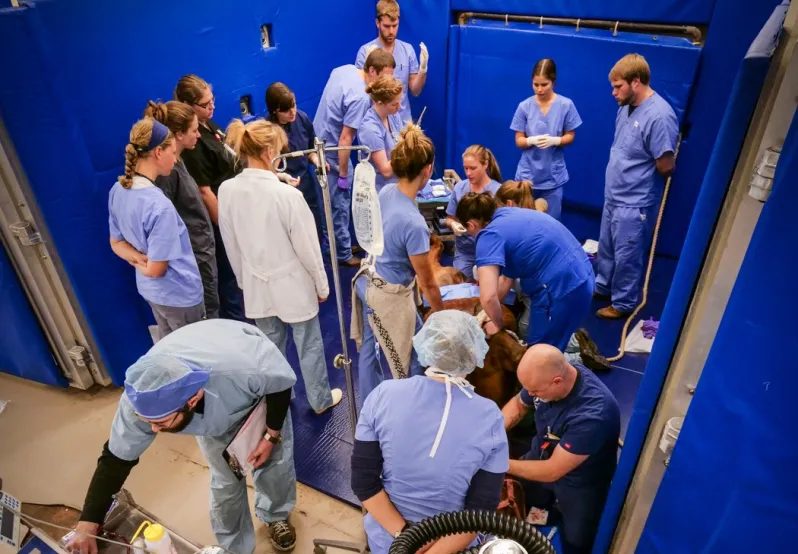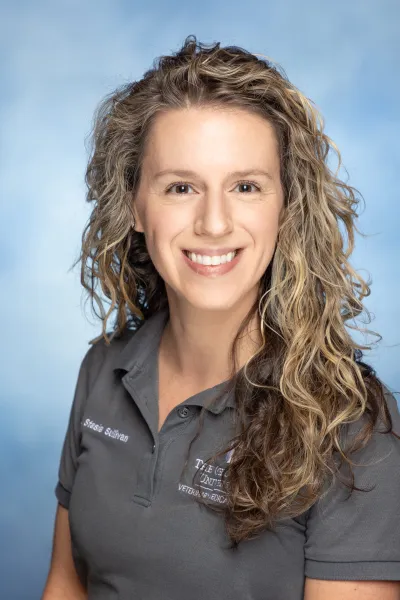- Services
- Equine Emergency & Critical Care
Equine Emergency & Critical Care
The Equine Emergency and Critical Care Service within the Galbreath Equine Center at the Ohio State University offers 24-hour emergency and state-of-the-art intensive care for all equine medical and surgical emergencies, including neonatal emergencies.
In this section
Hours & Appointment Scheduling
Emergency and Critical Care services are available 24/7/365 days.
Please call (614) 292-6661 to alert our team of your arrival while on route to the hospital.
See map & directions
Common Conditions
-
Colic
-
Colitis/Diarrhea
-
Dystocia (foaling difficulty)
-
High-risk pregnancy
-
Neonatal conditions, emergencies and diseases
-
Septic joint, laceration, fracture
-
Respiratory emergencies
-
Trauma
-
Bleeding
-
Neurologic disease
-
Infectious diseases
Service Highlights
-
Board-certified surgeons and internists specializing in emergency and critical care for equids.
-
Emergency abdominal (colic), respiratory, orthopedic, and urogenital surgery available
-
24/7 Intensive care unit (ICU), including neonatal intensive care, staffed by certified animal health technicians.
-
24/7 access to ancillary support service (anesthesia, clinical diagnostic labs, radiology)
-
Facilities for recumbent horses
-
Isolation and quarantine facilities
-
Consultation with in-house, boarded specialists in anesthesia, cardiology, ophthalmology, neurology, radiology, theriogenology
24/7 Intensive Care for Foals
The equine neonatal intensive care unit (ICU) provides expert, around-the-clock, specialized care for sick foals. Common conditions include premature or dysmature foals, who may be small in size, have floppy ears and fine hair; generalized weakness and loss of suckle; hyperemic membranes injected sclera, cyanosis; abnormal behavior; abdominal distention.
A mare's condition can help with early identification and intervention. Watch for illness during gestation, early lactation, placentitis, premature placental separation, or dystocia. When in doubt, please refer!
Stabilizing the Foal for Referral
For referring veterinarians, stabilizing the foal for referral requires the following steps:
- Hypothermia prevention
- Keep foal warm with heated water bottles & blankets
- Ship in heated vehicle separate from mare
- For respiratory support
- Nasal oxygen if available
- For fluid therapy
- Place IV catheter, administer LRS or 0.9% saline. Add 5% dextrose (100 ml of 50% dextrose solution in 1 liter)
- Antibiotics
- Collect blood culture aseptically before starting antibiotics
- Administer broad spectrum antibiotics (penicillin and amikacin or gentamacin)
- Control of seizures
- Diazepam at 0.1-0.1 mg/kg IV or IM
- OR Midazolam at 0.1 mg/kg IV
Special Equipment & Technology
-
Stall-side oxygen
-
24-hour laboratory services (hematology, serum chemistry, blood gas)
-
Sling and hoist for recumbent horses
-
Electrocardiography (EKG)
-
Radiography
-
Ultrasonography
What to Expect
Our emergency team is made up of the primary resident on-call, an emergency clinician, two 4th-year veterinary students and several experienced registered veterinary technicians. If the patient is received after hours, the initial care will be provided by the emergency team. The patient will be transferred the following morning (or on Monday morning in the case of a weekend emergency) to the appropriate service (internal medicine, soft tissue surgery, or orthopedic surgery).
If your horse requires emergency surgery, an anesthesiologist and equine surgeon are available 24 hours/day. We work closely with the anesthesia service to achieve the best possible anesthetic recovery and pain management. Post-operative patients and those requiring intensive medical treatment are placed in an ICU stall where 24-hour intensive monitoring is performed and advanced critical care diagnostics (such as blood pressure measurements, blood gas analysis, continuous EKG) are available.
AMAZING! We had a bad experience with another ER and came to OSU next day and there is not a thing you could of done better! Everyone was AMAZING!
Care Team
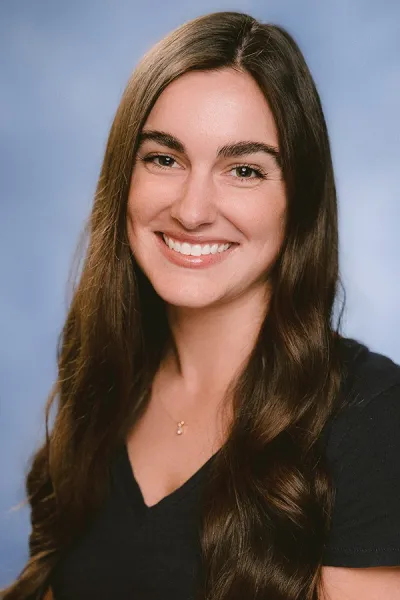
Myriah Albrecht

Kayla Kownurko
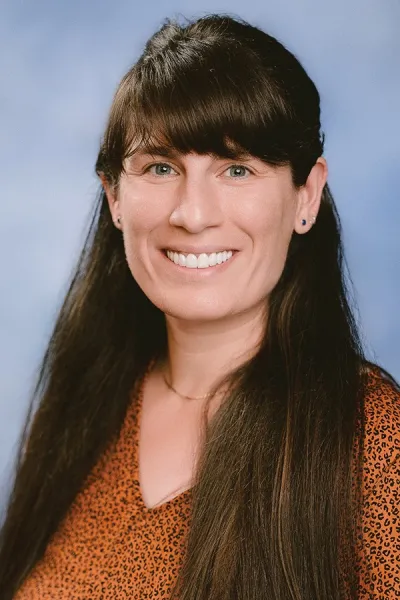
Sarah Mazur
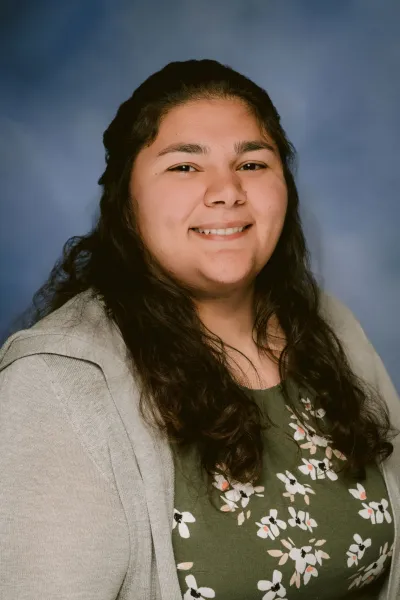
Gabby Balaa
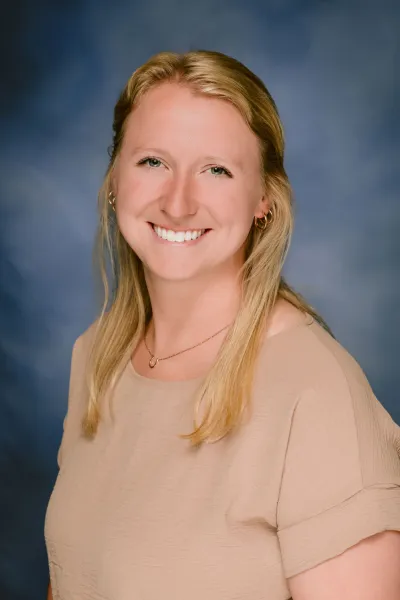
Leandra Cramer
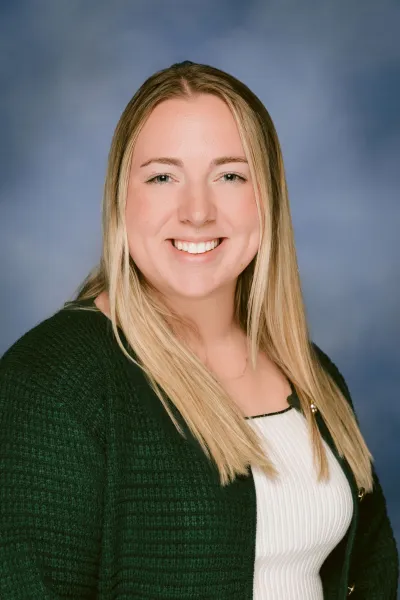
Marissa Keenan
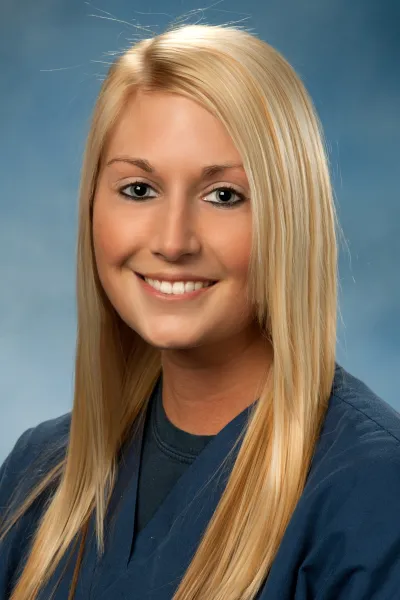
Samantha Briggs

Max Cannon
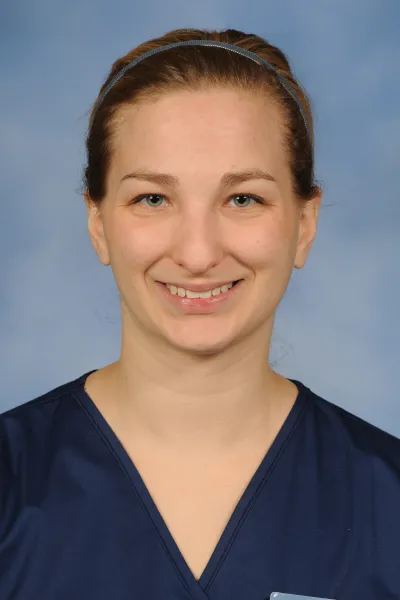
Kaycee Clark
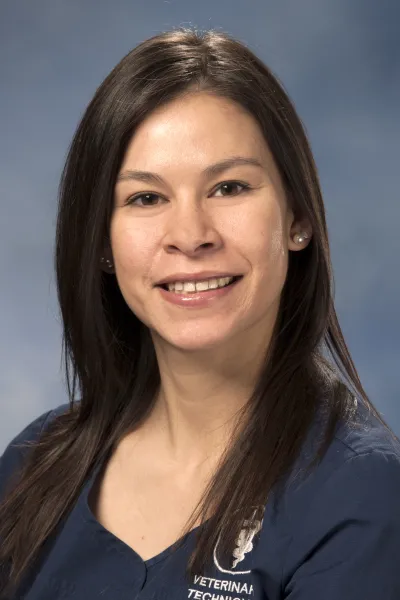
Shannon Eggeman

Mardy Hahn
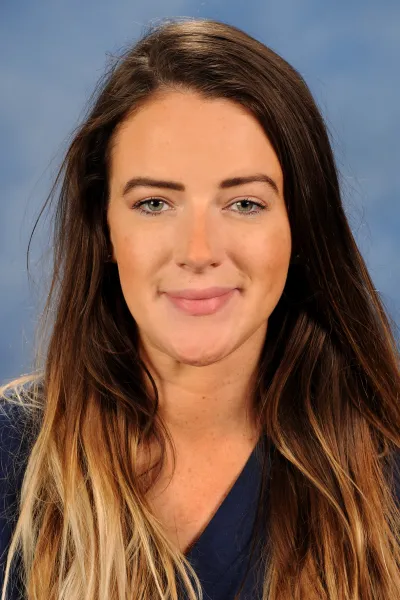
Leah Holbrook
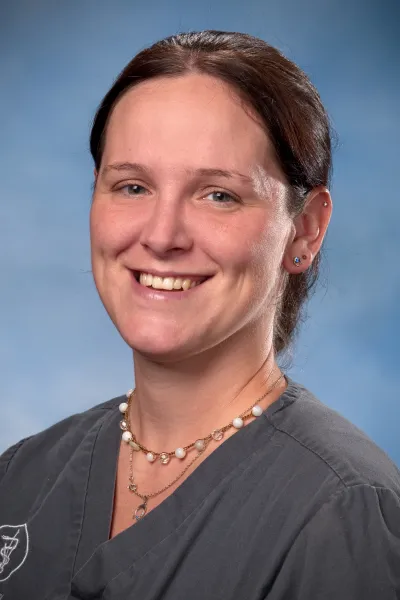
Mandy Hutcheson

Brooke Ralston

Tracie Sidwell

Jen Stoll
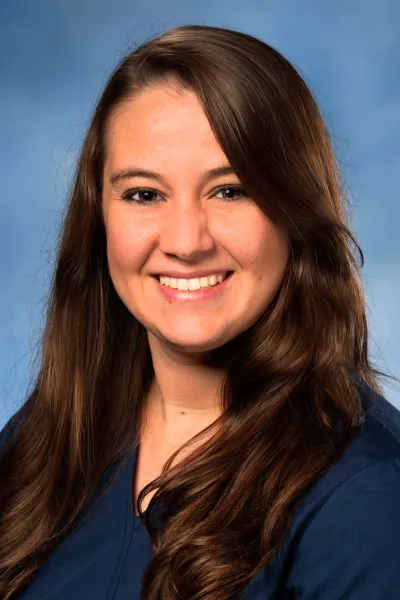
Lisa Travis
Clinical Trials
The Equine Emergency, Critical Care and Neonatology service is often recruiting patients for related studies for which your animal may be eligible. If you have any questions regarding your animal's eligibility, please contact the Blue Buffalo Clinical Trials Office (cvm-clinicaltrials@osu.edu).
For a listing of current trials please click here.
